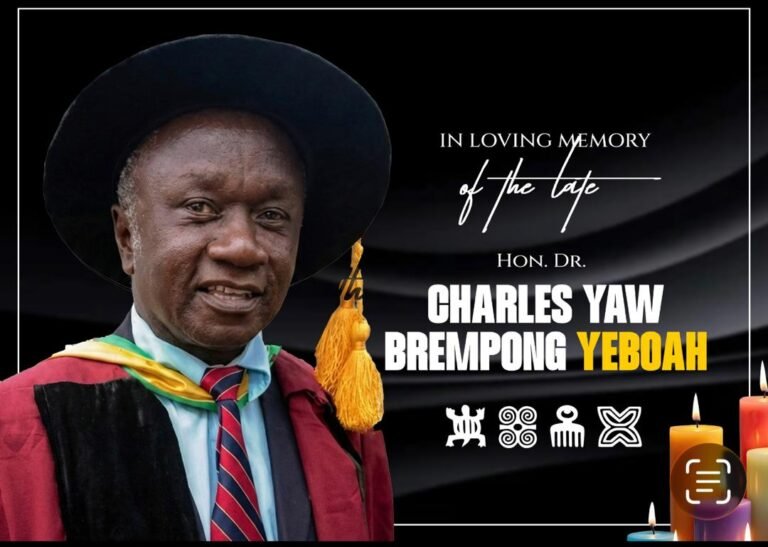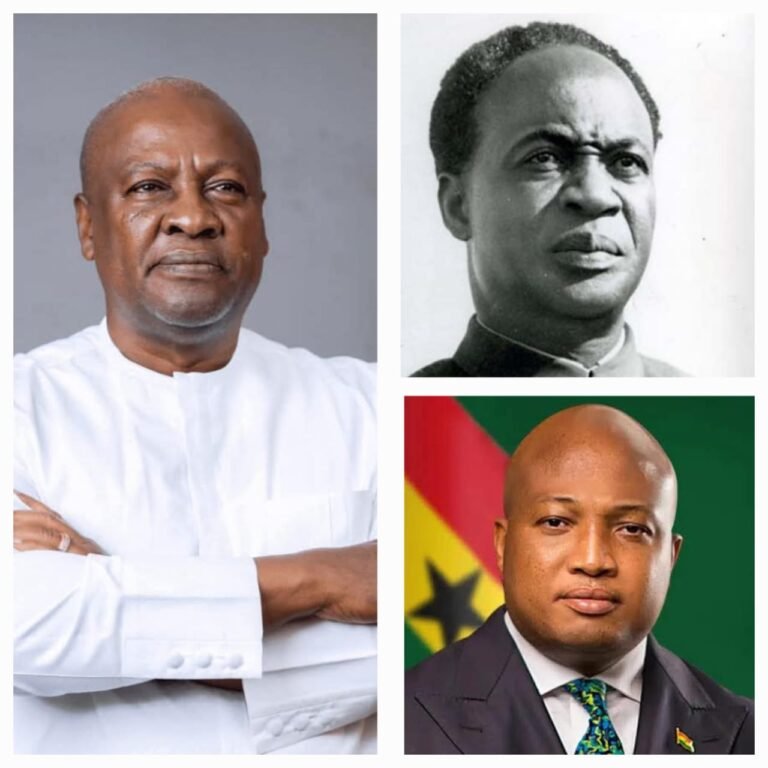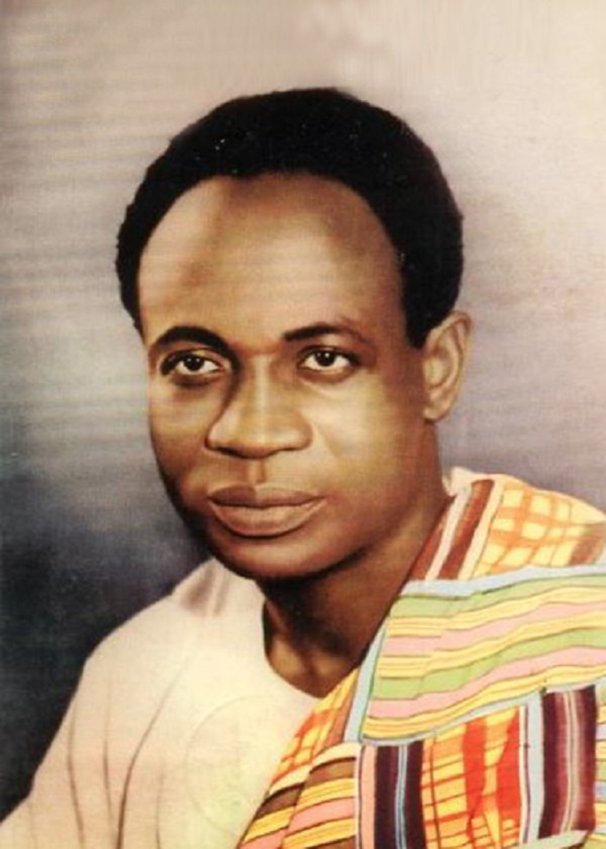
Shirley Ayorkor Botchwey addresses Chatham House

The Minister of Foreign Affairs and Regional Integration, Shirley Ayorkor Botchwey, has proposed six areas for repositioning the Commonwealth to transform the economies of its countries. The proposals are to also enable inclusive development and climate resilience and respond to the expectations of the hundreds of millions across the Commonwealth for a good life.
They are in the areas of trade and investment; youth education, skills, innovation, start-ups; mobility and labour markets; climate change; small states; and managing resources for an effective commonwealth institution.
She believes meeting the ambitions of the citizens of the Commonwealth, would require the need for a development of cooperation framework that works for the Commonwealth as a community.
Ms Botchwey, who was speaking during a Chatham House Members event in London, referred to the 2005 Revised Agreed Memorandum that is to serve member states by facilitating and promoting consultation on matters of common concern and also to expand and adapt pragmatically in the light of its experience to better carry out its functions.
The Charter, she said, provides a strong framework for promoting prosperity; democracy and peace; justice and human rights; empowering women and young people, both boys and girls; amplifying the voices of small and vulnerable states; and advocating for environmental protection in terms of the blue economy and climate change through its Blue Charter.
“Since the Charter and the memorandum were adopted, the terrain for multilateralism has significantly altered. We, therefore, need to rethink the new Commonwealth by looking into the original impetus for its creation and the 2005 Revised Agreed MOU,” Ms Botchwey noted.
Propositions
The Foreign Minister further advocated the need to deliver a framework for Commonwealth trade to surpass the potential $2 trillion trade within the Commonwealth since the majority of Commonwealth citizens do not earn enough to power the production and market expansion needed to create economic security, whether in the industrialised or developing regions of the Commonwealth.
“Having a common Commonwealth strategy for industrialisation, and economic diversification, strategically linked to Regional Integration Agreements and Economic Partnership Agreements within and beyond the Commonwealth, is a guarantee against the stagnation that is widespread across our countries,” she said.
“Young people in the Commonwealth constitute a third of all young people in the world. With advances in ICT, automation, and AI and the innovations of social media for distance learning, building the tech and other workers of the 21st Century for a Commonwealth-wide market of high knowledge-intensive innovation and services is an achievable goal in the short term.
“Closing the Commonwealth’s digital gap in health, education, and trade; building the digital infrastructure to boost connectivity within and between Commonwealth countries is an important way forward,” she added.
She continued: “Together with a more credible programme resource envelope, it is time to review the human resourcing and budget of the Secretariat. This would enable more resources to be ploughed back into programmes, as well as ensure a resilient Secretariat with long-term stability, attracting, and retaining the best of the Commonwealth’s talent in service of all members.”
Ms Botchwey maintained that “unless the Commonwealth strategise on how to make the developing country members, who constitute 94 per cent of the organisation, a vital part of an agenda of ensuring and promoting democracy and good governance, economic transformation, and resilience of all the Commonwealth, we shall all be the poorer for it.”





